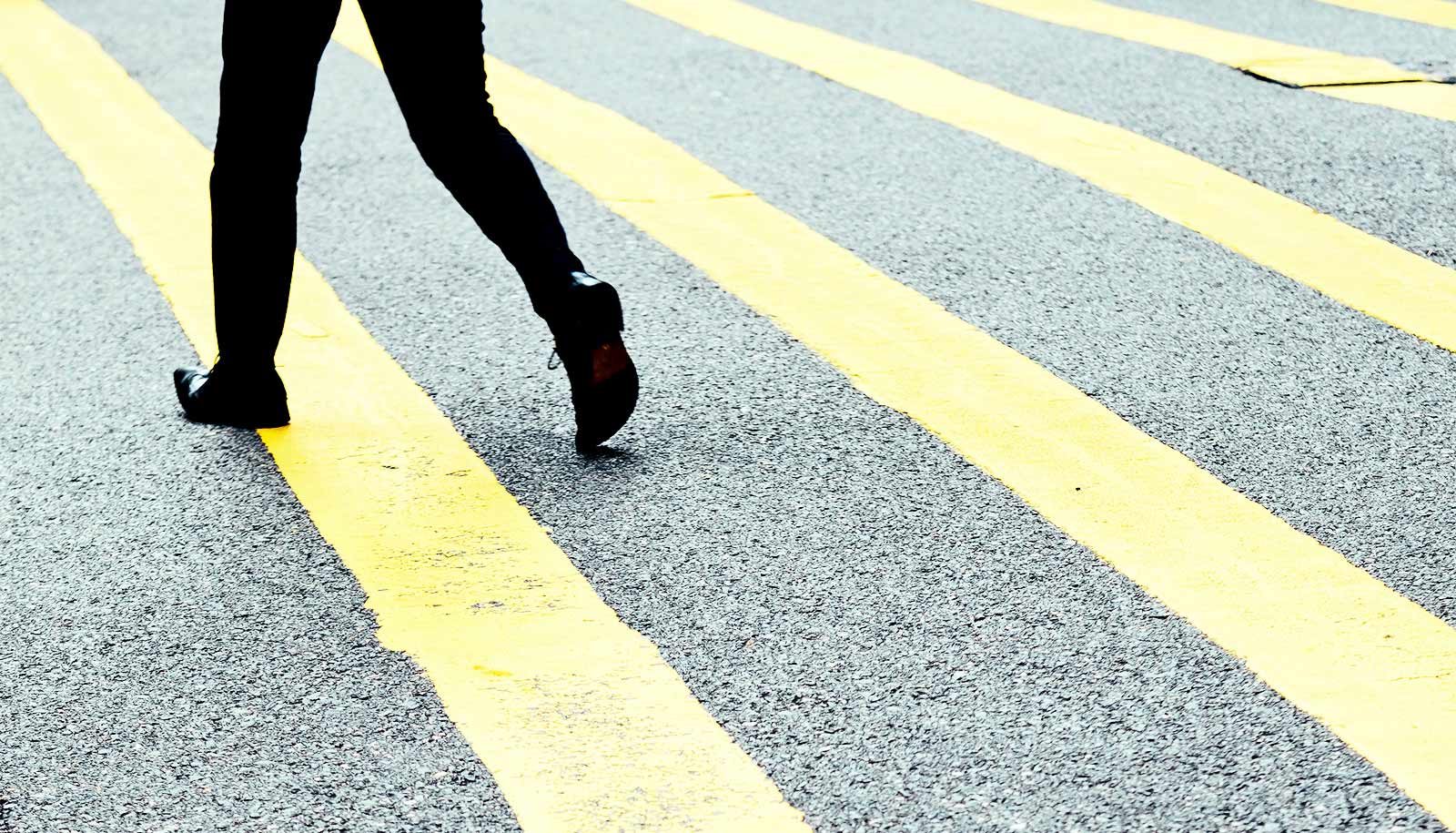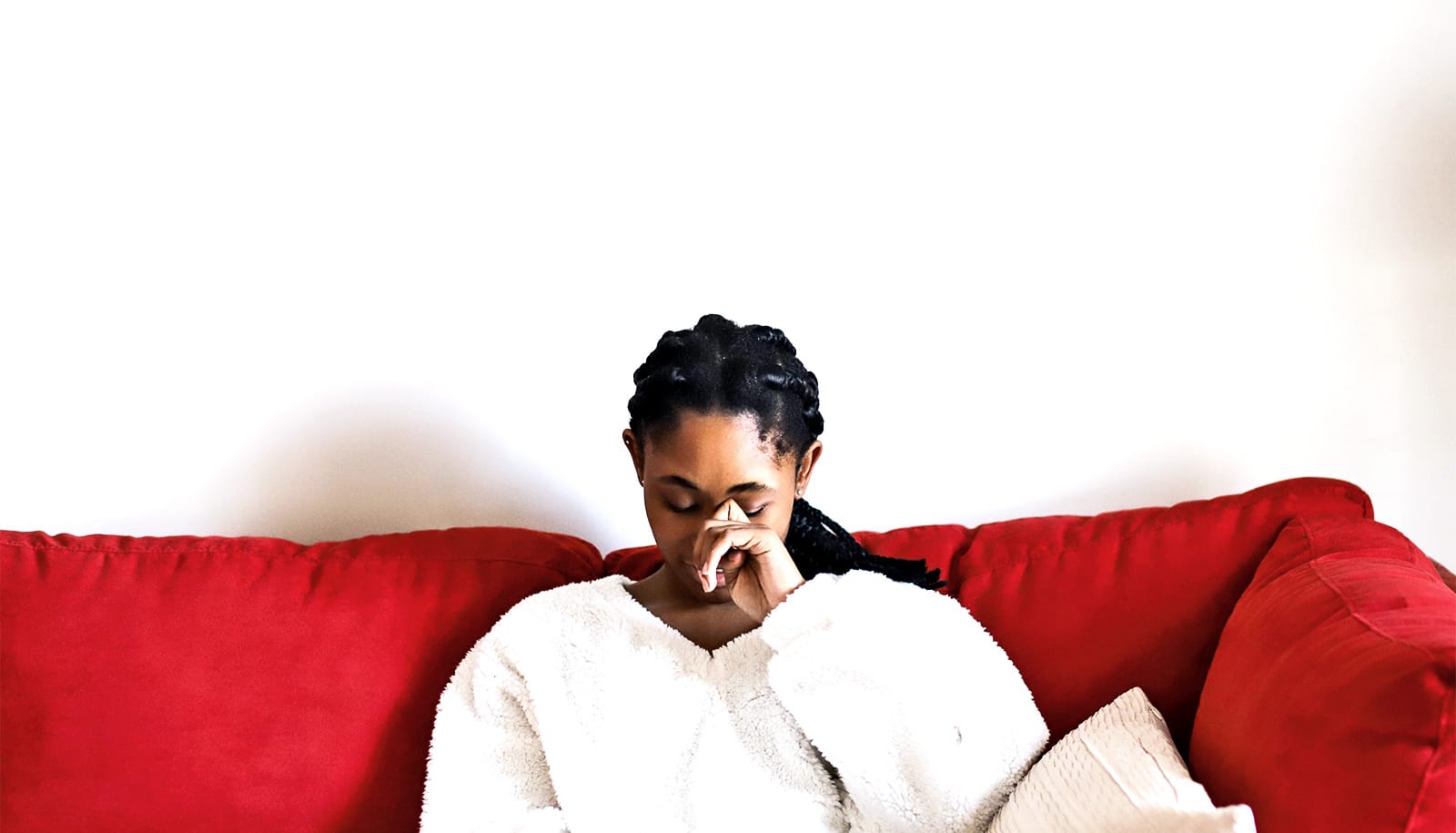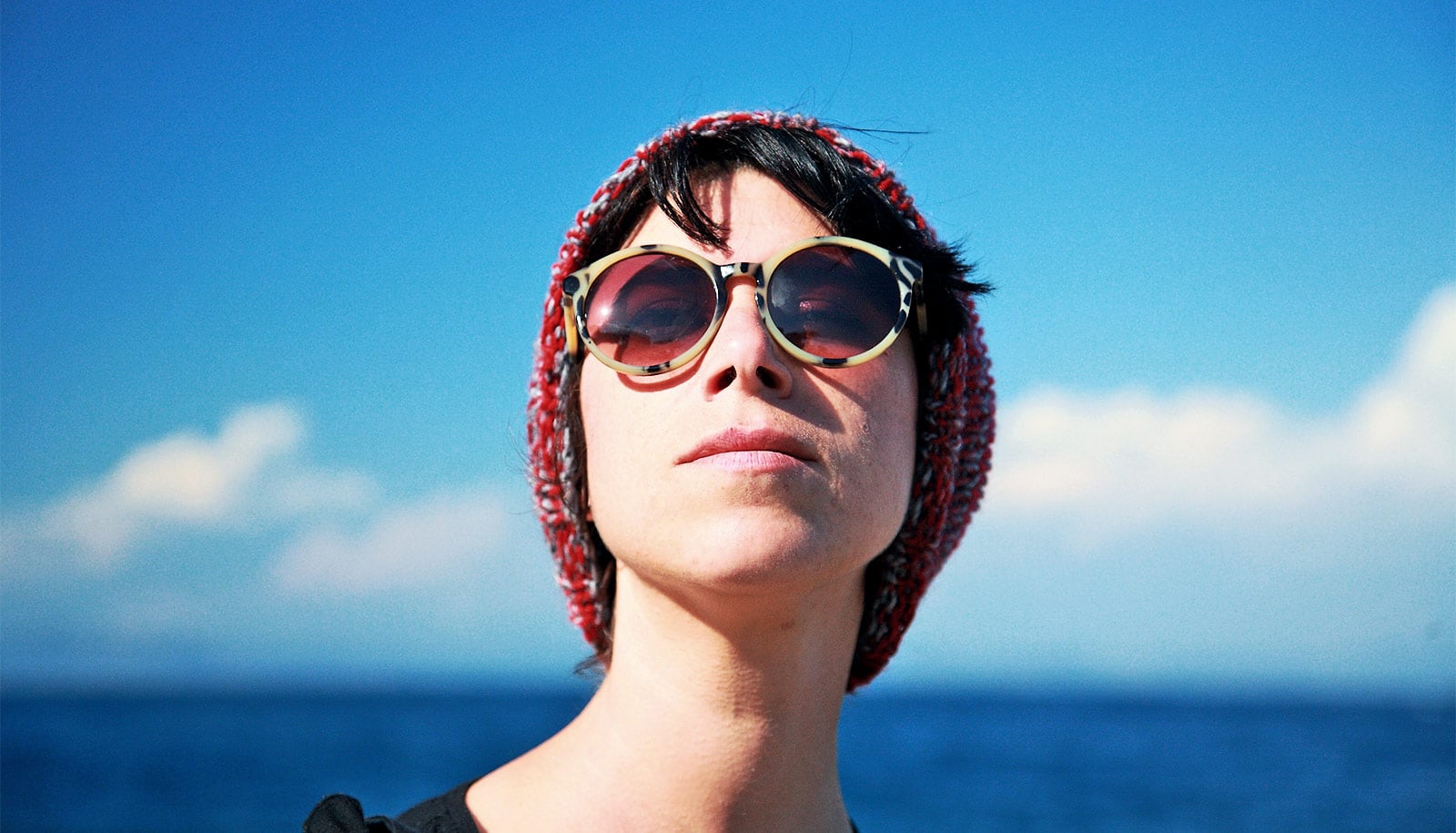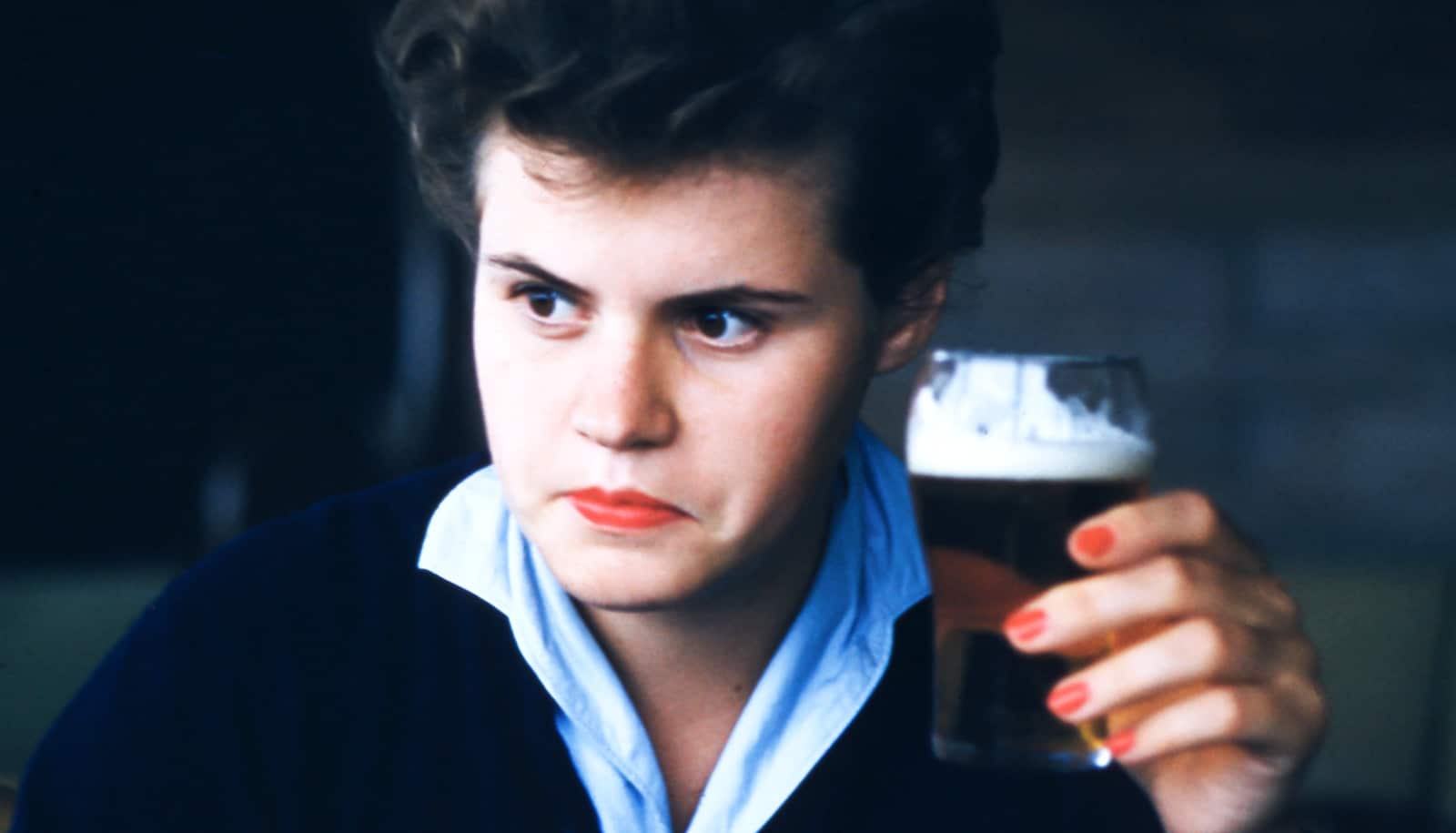There’s a link between new and diverse experiences and enhanced happiness, and this relationship associates with greater correlation of brain activity, according to new research.
The results in Nature Neuroscience reveal a previously unknown connection between our daily physical environments and our sense of well-being.
“Our results suggest that people feel happier when they have more variety in their daily routines—when they go to novel places and have a wider array of experiences,” explains coauthor Catherine Hartley, an assistant professor in the psychology department at New York University. “The opposite is also likely true: positive feelings may drive people to seek out these rewarding experiences more frequently.”
Previous studies using animal subjects have shown similar results.
“Collectively, these findings show the beneficial consequences of environmental enrichment across species, demonstrating a connection between real-world exposure to fresh and varied experiences and increases in positive emotions,” adds coauthor Aaron Heller, an assistant professor in the psychology department at the University of Miami.
The researchers, who conducted the study prior to the onset of the COVID-19 pandemic, recognize that current public-health guidelines and restrictions pose limits on movement. However, they note that even small changes that introduce greater variability into the physical or mental routine—such as exercising at home, going on a walk around the block, and taking a different route to the grocery store or pharmacy—may potentially yield similar beneficial effects.
In the paper, the researchers investigated the following question: Is diversity in humans’ daily experiences associated with more positive emotional states?
To do so, they conducted GPS tracking of participants in New York and Miami for three to four months, asking subjects by text message to report about their positive and negative emotional state during this period.
The results showed that on days when people had more variability in their physical location—visiting more locations in a day and spending proportionately equitable time across these locations—they reported feeling more positive: “happy,” “excited,” “strong,” “relaxed,” and/or “attentive.”
The scientists then set out to determine if this link between exploration and positive emotion had a connection to brain activity.
To do this, about half of the subjects returned to a laboratory and underwent MRI scans.
The MRI results showed that people for whom this effect was the strongest—those whose exposure to diverse experiences more strongly associated with positive feeling (“affect”)—exhibited greater correlation between brain activity in the hippocampus and the striatum. These brain regions associate, respectively, with the processing of novelty and reward— beneficial or subjectively positive experiences.
“These results suggest a reciprocal link between the novel and diverse experiences we have during our daily exploration of our physical environments and our subjective sense of well-being,” observes Hartley, who also has appointments at the Center for Neural Science and the Langone Health Neuroscience Institute.
Additional coauthors are from NYU, Columbia University, and the University of Miami.
Support for the research came from a Klingenstein-Simons Fellowship Award, a Jacobs Foundation Early Career Fellowship, the National Science Foundation, the NYU Vulnerable Brain Project, a John Templeton Award, and the National Institutes of Health.
Source: NYU



